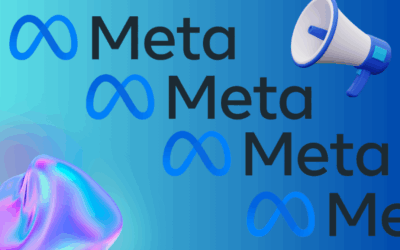European Accessibility Act: Are You Ready for June 2025?
The European Accessibility Act (EAA) is set to come into effect on 28 June 2025. This landmark legislation aims to improve accessibility for persons with disabilities across the EU by mandating that a wide range of products and services meet specific accessibility requirements. As businesses prepare for this significant change, it’s crucial to understand what the EAA entails and how to ensure compliance.
What is the European Accessibility Act?
The EAA, approved in 2019, seeks to create a harmonised market for accessible products and services. It covers essential items such as consumer electronics (TVs, smartphones, computers, gaming consoles), ticketing and vending machines, websites, and mobile apps. The act benefits businesses by providing common rules on accessibility, reducing costs, facilitating easier cross-border trading, and creating more market opportunities for accessible products and services.
Benefits for Persons with Disabilities
For persons with disabilities and elderly people, the EAA ensures more accessible products and services at competitive prices, fewer barriers in accessing transport, education, and the labour market, and more job opportunities requiring accessibility expertise. The act aims to make everyday life easier and more inclusive for millions of people across the EU.
What Businesses Need to Do to Ensure Compliance
To comply with the EAA by June 2025, businesses must take several steps:
- Understand the Requirements: Familiarise yourself with the specific accessibility requirements for your products and services. AccessibleEU has prepared guidelines to help stakeholders understand and comply with the EAA and other European accessibility-related legislation.
- Implement Accessibility Features: Ensure that your products and services incorporate necessary accessibility features. This includes adding multi-factor authentication (MFA) for security, making websites and mobile apps accessible, and ensuring consumer electronics are usable by persons with disabilities.
- Conduct Regular Audits: Perform regular security and accessibility audits to identify and address vulnerabilities in your IT systems and products. This proactive approach will help you stay compliant and avoid penalties.
- Employee Training: Educate your staff on accessibility best practices and how to recognise potential issues. Training programmes can help employees understand the importance of accessibility and how to implement it effectively.
- Stay Informed: Keep up-to-date with any changes or updates to the EAA and related legislation. Regularly consult resources provided by AccessibleEU and other authoritative sources.
Conclusion
The European Accessibility Act is a significant step towards creating a more inclusive and accessible environment for persons with disabilities. As the June 2025 deadline approaches, businesses must take proactive measures to ensure compliance. By understanding the requirements, implementing necessary features, conducting audits, and training employees, you can not only comply with the EAA but also contribute to a more accessible and inclusive society.
For more detailed information and guidelines, visit AccessibleEU.






